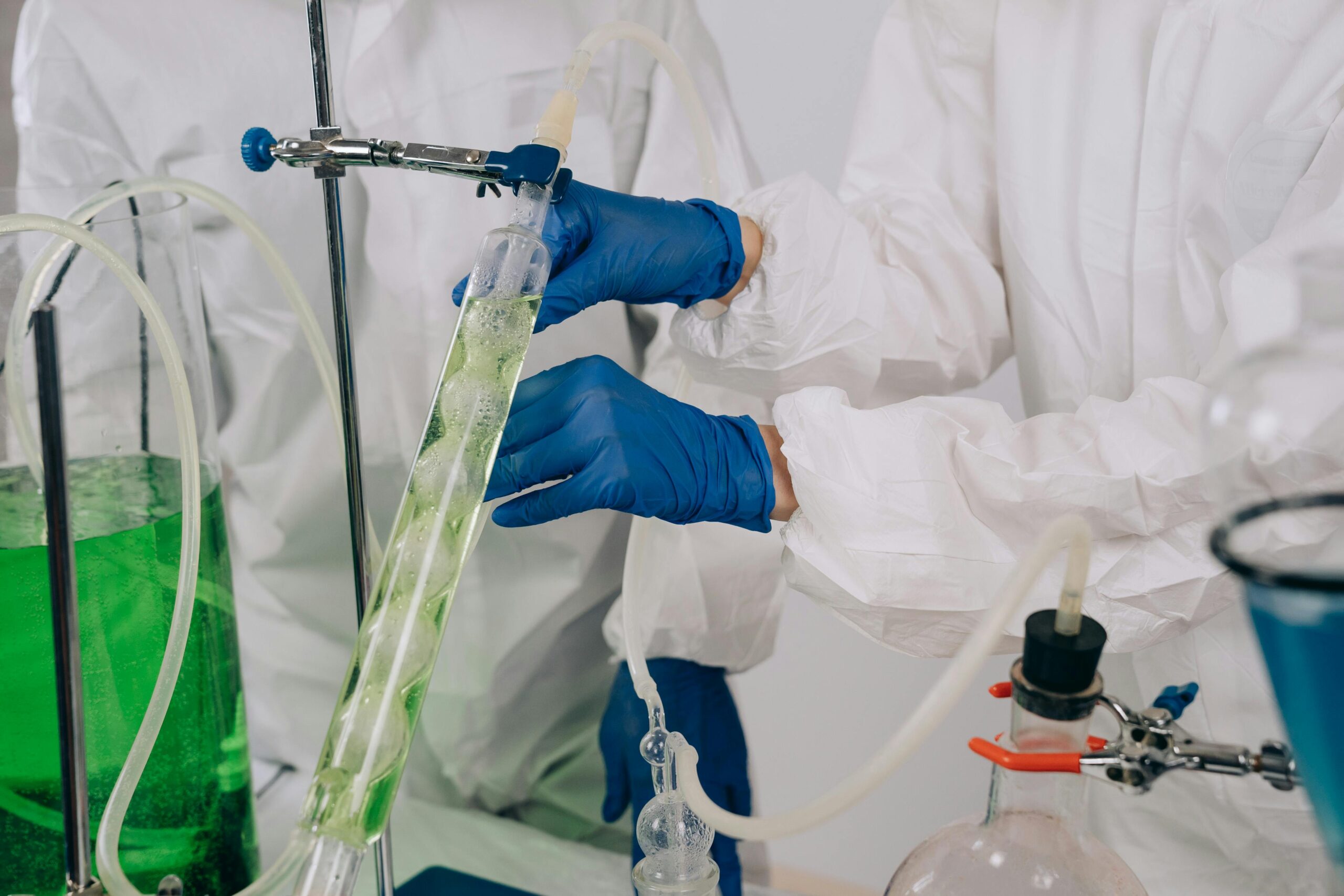Introduction
The chemical industry, traditionally known for its intricate processes and vast complexities, is undergoing a remarkable transformation in real time, thanks to the integration of Artificial Intelligence (AI). As AI technologies become increasingly sophisticated, they are finding their place at the heart of chemical research, manufacturing, and distribution processes. In this article, we explore how AI is making a tangible impact on the chemical industry, providing real-time solutions that enhance efficiency, innovation, and sustainability.
Materials Discovery at Warp Speed
One of the most promising applications of AI in the chemical industry is the acceleration of materials discovery. Researchers are harnessing AI algorithms to predict material properties and characteristics, effectively shortening the time required to develop new materials. What previously took years can now be achieved in a fraction of the time, making this technology invaluable for industries requiring tailored materials like aerospace and electronics.
AI-Powered Drug Discovery
Pharmaceutical and biotech companies have been quick to embrace AI’s potential in drug discovery. The ability to analyze enormous datasets in real time allows researchers to identify potential drug candidates swiftly and efficiently. This not only speeds up the drug development process but also reduces the associated costs, ultimately leading to more accessible and affordable medications.
Streamlining Process Optimization
AI’s real-time capabilities are ushering in a new era of process optimization. Chemical manufacturers can now monitor and adjust variables in real time, resulting in improved yields, reduced waste, and enhanced energy efficiency. This optimization is not only financially beneficial but also contributes to a more sustainable chemical industry.
Predictive Maintenance for Equipment
Predictive maintenance is another real-time application of AI in the chemical sector. By analyzing sensor data, AI algorithms can predict equipment failures before they occur. This proactive approach to maintenance minimizes downtime, enhances safety, and saves both time and resources.
Supply Chain Mastery
AI-driven supply chain management is ensuring the timely delivery of critical chemicals. AI predicts demand, optimizes logistics, and manages inventory in real time. This ensures that chemical products reach their destinations when needed, reducing costly delays and supply chain disruptions.
Quality Control and Safety Monitoring
AI-powered vision systems and sensors are revolutionizing quality control in chemical production. These systems can detect defects and inconsistencies in real time, ensuring the quality and safety of chemical products. Moreover, AI is being used for safety monitoring, identifying anomalies and potential hazards in chemical plants, which enables quick responses to mitigate risks.
Regulatory Compliance Simplified
Maintaining regulatory compliance is crucial in the chemical industry, and AI is simplifying this process. By automating data collection, reporting, and documentation, AI ensures that chemical companies adhere to environmental and safety regulations in real time, reducing the risk of non-compliance.
Fueling Innovation
AI is acting as a catalyst for innovation in the chemical industry. Researchers and developers are leveraging AI’s real-time capabilities for data analysis, hypothesis testing, and the discovery of new chemical compounds or formulations. This means that breakthroughs in chemistry and materials science are occurring at an unprecedented pace.
Energy Efficiency and Sustainability
AI is also helping the chemical industry become more energy-efficient and sustainable. By optimizing energy consumption in real time, AI minimizes energy waste, reduces costs, and lessens the environmental impact of chemical processes.
Conclusion
Artificial Intelligence is not just a buzzword; it’s a game-changer that’s transforming the chemical industry in real time. From materials discovery to drug development, supply chain management to quality control, AI is enhancing efficiency, innovation, and sustainability across the board. As AI technologies continue to evolve and integrate into the fabric of the chemical industry, the possibilities for real-time improvements and advancements are limitless. By embracing these AI-driven solutions, the chemical industry is poised for a brighter, more efficient, and more sustainable future.















